In a potentially monumental case for animal rights, New York’s highest court is ruminating on Happy the elephant’s “personhood.” The court will soon decide whether Happy is being unlawfully imprisoned at the Bronx Zoo.
Happy, a 51-year-old Asian elephant, was captured from the wild in the early 1970s. She was shipped to the US, arriving at the Bronx Zoo in 1977.
She is one of two Asian elephants living in captivity at the zoo – they are kept in separate enclosures and can only touch each other through a fence with their trunks. Throughout the ’80s, the elephants were forced to give rides at the zoo, perform tricks, and participate in tug-of-war competitions.
Nonhuman Rights Project (NhRP) – a nonprofit defending the civil rights of elephants, dolphins, great apes, and whales – is campaigning for Happy’s release. The organization insists that Happy’s captivity mimics that of solitary confinement, and robs the animal of her right to express her natural instincts.

This is especially concerning given the species’ high intelligence and sociability, NhRP says. In the wild, Asian elephants form complex relationships that last a lifetime, often working together to raise their children.
In fact, female Asian elephants are considered “social butterflies” with numerous friendships that stay intact even after long periods of separation.
NhRP also notes that in 2005, Happy became the first elephant to pass a mirror self-recognition test, which researchers say indicates self-awareness.
Elephant rights
NhRP first filed a petition against the Bronx Zoo in 2018. The charity asked the court, on the grounds of habeas corpus, to grant Happy her “common law right to bodily liberty.”
This, according to the charity, would require the immediate release of the senior animal to an elephant sanctuary “so as to prevent future unlawful deprivations of her liberty and allow her to exercise her autonomy to the greatest degree possible.”
Elephant researcher Joyce Poole says keeping elephants confined “prevents them from engaging in normal, autonomous behavior and can result in the development of arthritis, osteoarthritis, osteomyelitis, boredom and stereotypical behavior.”
“Held in isolation elephants become bored, depressed, aggressive, catatonic and fail to thrive,” Poole added.
The Bronx Zoo responds
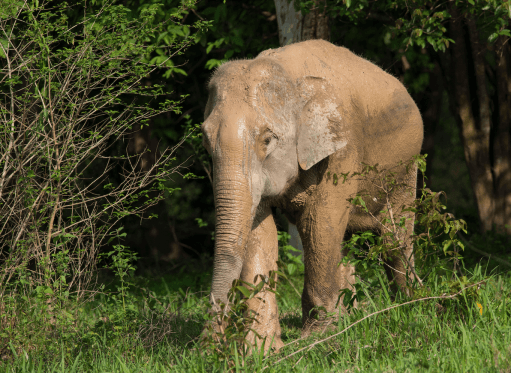
The Bronx Zoo, which opened its gates in 1899, has a different perspective. In a statement released on May 18, the zoo accused NhRP of “blatantly exploiting” Happy to “advance their coordinated agenda.”
And, that the nonprofit is “willing to sacrifice Happy’s health and psychological well-being to set precedent.” The zoo cautioned that should the NhRP win the case, there may be a surge of legal actions brought forward on behalf of animals in zoos.
The Bronx Zoo concludes that Happy – like all of its 4,000 animals – is, like her namesake, happy.
The facility is no stranger to controversy. In 2018, the Bronx Zoo ranked #1 on the 10 Worst Zoos for Elephants. It was the eighth time the zoo had appeared on the list.
Happy has received coverage of her own, featuring in a New York Post piece about her “sad life alone at the Bronx Zoo.” There, the publication said, “Happy spends most of her time indoors in a large holding facility lined with elephant cages, which are about twice the length of the animals’ bodies.
“The public never sees this.”
The New York Court of Appeals heard arguments for and against Happy’s release last week. The court is expected to announce its decision in the next four to six weeks.
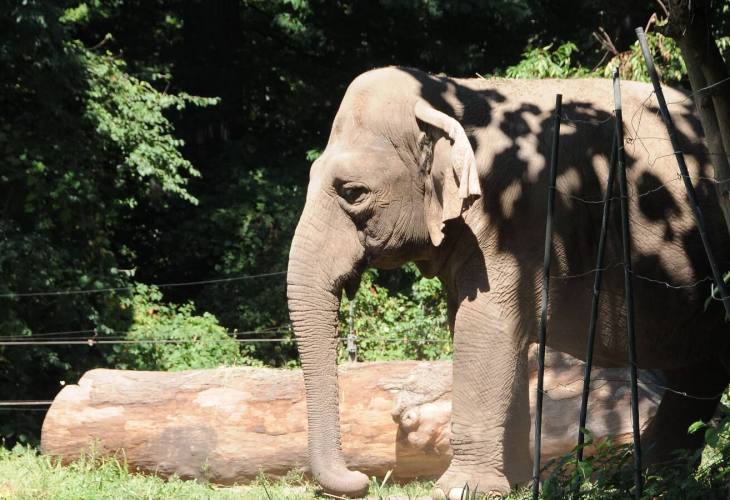


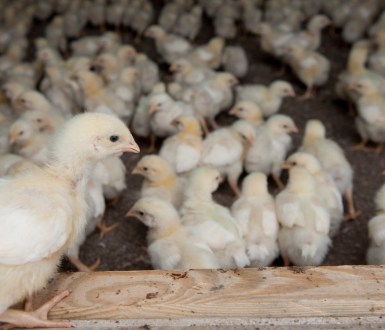


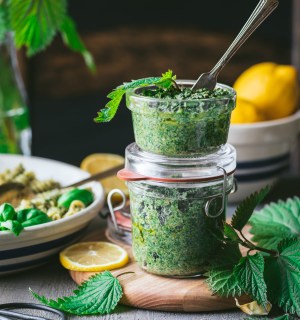

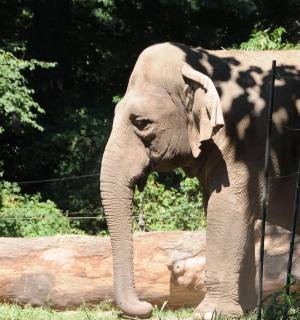
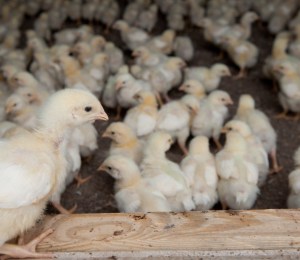




Leave a Comment
Plant Based News Comment Policy
In short:- If you act with maturity and consideration for other users, you should have no problems. Please read our Comment policy before commenting.